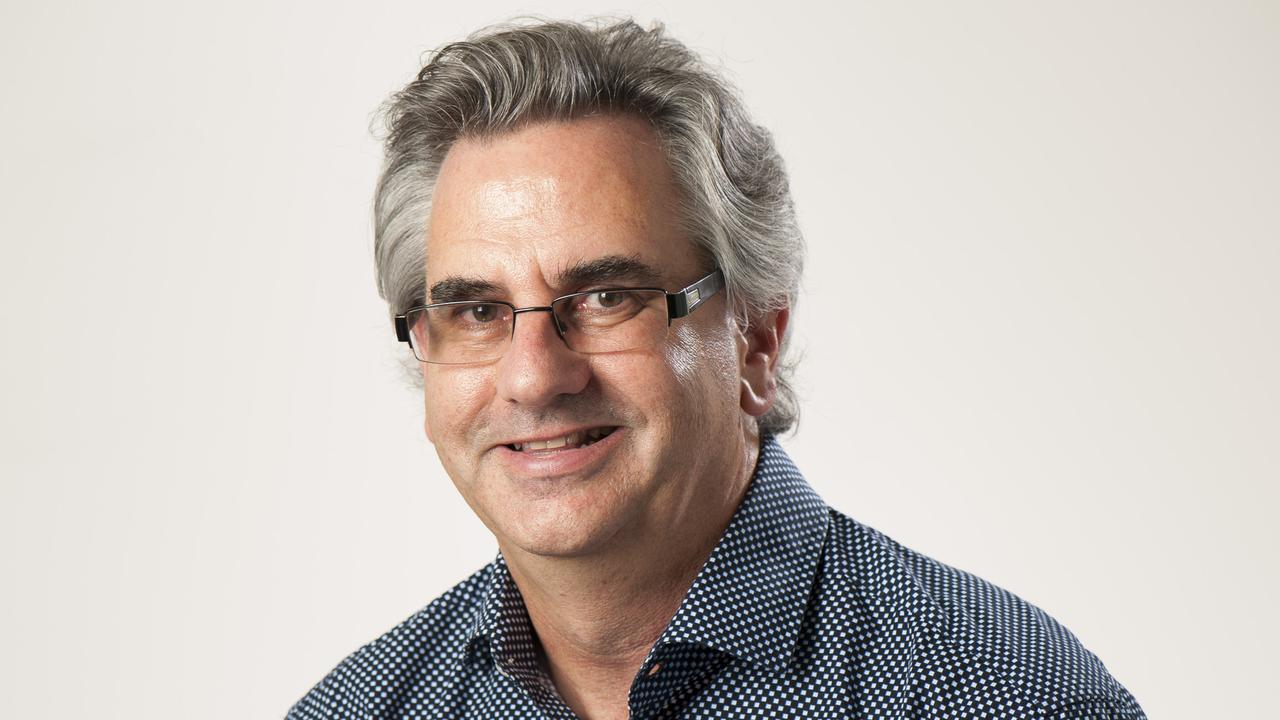An open letter to Kevin Rudd on Africa
An open letter to Kevin Rudd on the state of African research in Australia.

To the Hon Kevin Rudd MP,Sir, I would like to congratulate you for your speech at LaTrobe University to mark Africa Day on May 21. I appreciate the time it took for you to come down; even though, quite sadly, it was never going to make the news.
Positive stories about Africa are never deemed to be newsworthy, and interest or knowledge about the continent is quite dismal in Australia. I must also apologise for the protestors. I have sympathy for the cause, but no sympathy for the Socialist Alternative. For these students to complain about a cut to an increase in government spending on higher education, whilst Africans are often lucky to a get basic primary education, is beyond me. They were clearly disrespectful of the occasion, and unaware of the important topics you raised in your talk and the Q&A afterwards.
I am a current PhD student at LaTrobe University, and my topic is on Botswana's democracy and development. As my supervisor tells me, I am about one of two students in Australia studying an African country as a PhD topic. The other student is also at LaTrobe and is about to complete his thesis. Soon, I will be the only PhD student who is researching Africa from a historical perspective. This does not bode well for the future.
You were correct in acknowledging that LaTrobe has made an outstanding contribution to African research, and perhaps may be the leading institution in Australia in this regard. However, in terms of higher level education and study on Africa, the competition is quite poor. I was recently rejected from the University of Sydney, despite my first-class honours grade, because there were no African experts there to supervise me.
It is true that LaTrobe University had the outstanding African Research Institute, but that was closed down back in 2006. The Centre for Dialogue does great work, but its focus is global, not Africa-specific. With discussion and planning now taking place within the history department, there are currently no subjects being taught to under-graduate students on Africa, and there is unlikely to be any in the future. It must be noted however, that African subjects have been some of the most popular and the best taught at the university.
In addition, there is no financial incentive for students like myself to study Africa. I do it out of pure passion, and for the very reason that knowledge about the continent is lacking around the globe. Most of the histories on Africa are written in the 1930s up to the 1970s. There is very little modern research done, despite the new evidence and modern resources available.
Mr Rudd, there is no reason to be cheerful about the state of African research in Australia, and the prospects for it in the future. It is not necessarily the lack of funding that is the issue. This is mostly a symptom of a wider problem.
There is a lack of care for any deep discussion and thought for issues that affect the underdeveloped world. There is a lot more to Africa than aid, AIDS, poverty and violence. Non-governmental organisations and charities do important work.
But they are far from being considered as critical and insightful think-tanks for discussion and investigation, which are what we need more of in the world. In fact, it is misleading to even speak of 'Africa' as if it were a simple homogenous entity.
Each individual country has complicating factors and local dynamics that cannot be appreciated through a study of the continent as a whole. This leads to simplistic histories of African nations which are ultimately useless for understanding the challenges and concerns of these countries in their modern context. History is important, and so is its quality.
I find it hard to picture where the Department of Foreign Affairs is going get its African experts from. Knowledge about the continent requires far more than periodical economic reports and dialogue at the level of government. If a future international crisis was to erupt in Africa - which is feasible given China's rapidly growing interest in the continent, and Western and African unease about this - Australia will find itself unprepared to respond to it.
Is Australia okay with a rising China having such a strong influence in Africa? How will China, as a one-party regime, influence the growth of democracy and human rights protections in Africa? These are some basic questions that are incredibly important, but are of course too much for me to cover in one research project, on my own.
Before we get too happy about the improving condition of Africa, we should keep in mind one important fact. The most dangerous times for a country are when it is either undergoing rapid economic growth or political change.
Many African countries are currently going through both. The history of the continent has been volatile, a factor that makes it so interesting to study, and so worrying for the future. I can accept that research on Africa would not be the top priority, particularly compared to Asia.
But it is both immoral and unwise for Australia's national interest for the continent to be almost completely neglected by the government, and universities in the private sector. For Canberra and LaTrobe, and I dare say yourself, to claim otherwise is outright misleading.
I leave you with a small story of how I saved LaTrobe University from utter embarrassment on May 21. About five minutes before you entered the room, I pointed out to the organisers that the African Union flag, spread out behind the podium, was stuck up on its side and inverted inside out. When they half corrected the flag, once again, I had to point out that Madagascar was to the East of Africa, not the West. If we do not know what the continent even looks like, what does that say about the state of Australia's knowledge about Africa?
Best regards,
James Kirby
PhD student, LaTrobe University



